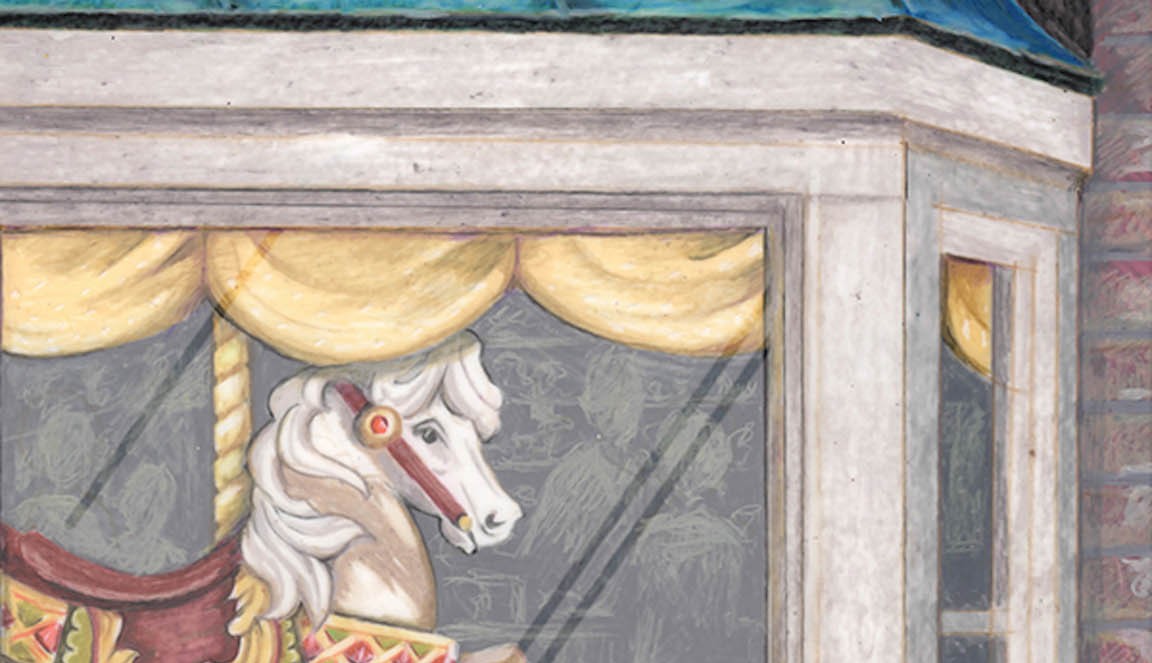Writers Are Always Writing
If you want to be a writer, you must do two things above all others: read a lot and write a lot. – Stephen King
You have all seen writers squinting at their laptops in the café at Barnes and Noble and scribbling away in the little notebooks that everyone knows a good writer carries with them. What you don’t know, unless you are a writer, is that writers don’t need anything in their hands or in front of them to write. While I have a little red notebook tucked in my purse for those moments when a table and chair in a café or a park bench presents itself, I do some of my best writing in my head walking my English Cocker Spaniel on our daily strolls through the neighborhood. Yes, I am that lady in the straw hat with the bouncy black dog who looks right through you as you pass her and call out a cheerful hello. You think that I am very snooty and in reality I don’t even know you are there because I am in the middle of scene from my novel.
Scarier still is when you approach me and realize that I’m talking to someone you can’t see. “Must be the dog,” you say, but in your heart you don’t believe it, because the dog is not paying any attention. What I’m really doing is speaking dialogue aloud to see how it sounds. I try not to do this but sometimes I get so caught up in the writing going on in my head that I can’t help myself. Writers take note of everything no matter where they are: the doctor’s office, the hairdresser, the beach, the ladies room. About eight years ago, I was in the lobby of the Wang Center in Boston during intermission for the ballet Swan Lake. A lovely blonde in a classic little black dress walked by me with a tattoo of a long, thick black snake crawling up her arm. That girl and her snake walked right into the first chapter of MacCullough’s Women.
Summer is here and lots of you will be entertaining little ones. I want to recommend a super book to you: Toad Cottages & Shooting Stars by Sharon Lovejoy. It says it is “Grandma’s bag of Tricks” but it will work for anyone! It contains lots of inexpensive and creative things to do with kids. Enjoy.
